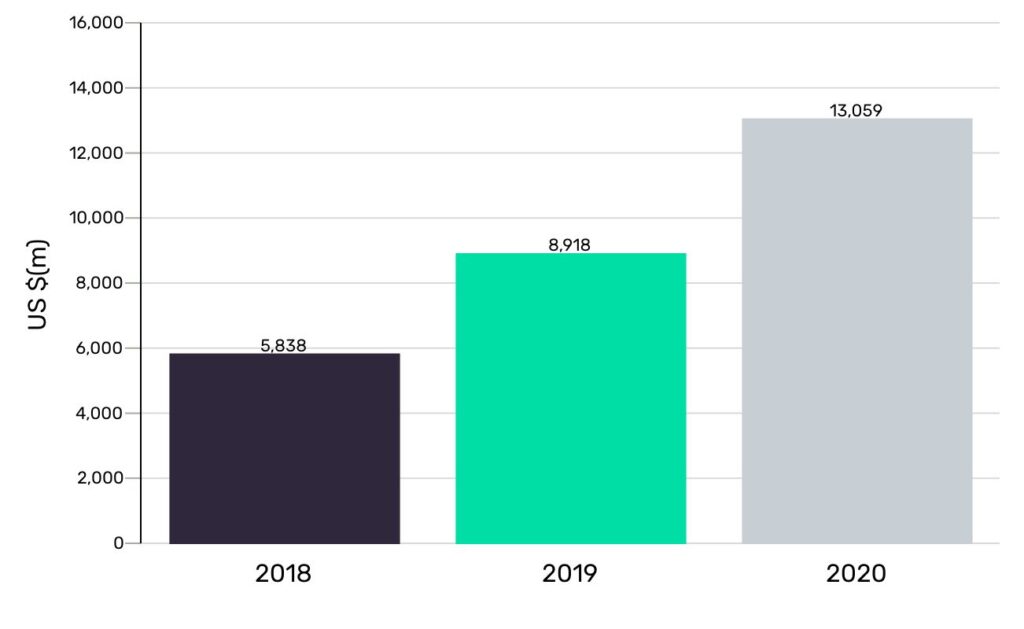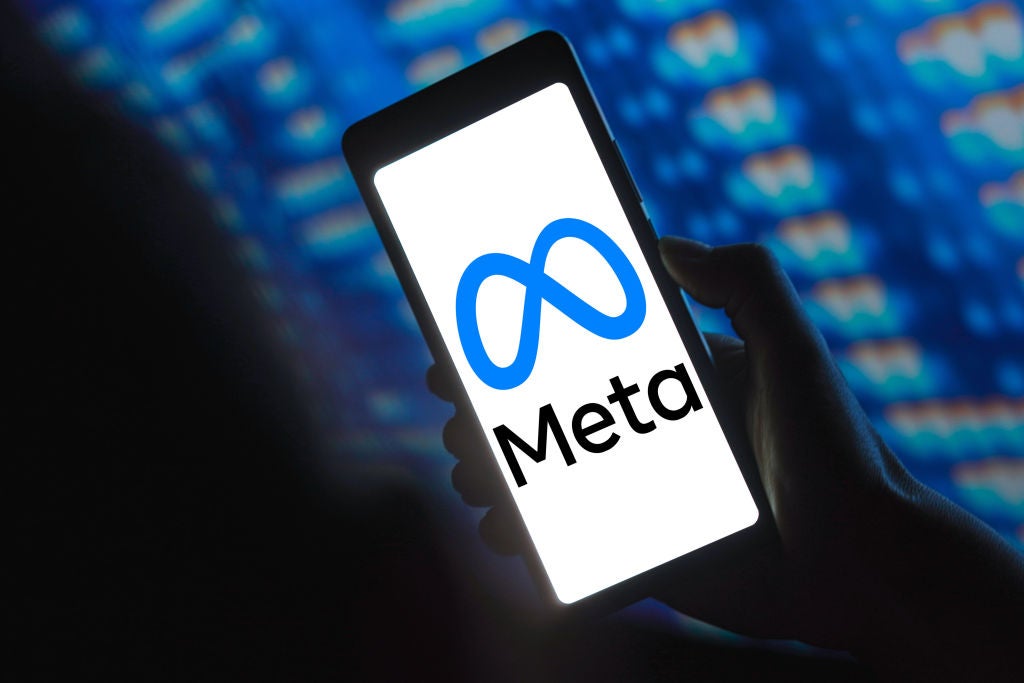
Big Tech has a diversity problem, a fact underlined by Google’s latest diversity report revealing how minorities are leaving Mountain View in droves.
The Alphabet-owned search giant has conducted and publicly published its first annual diversity report since 2014 in an attempt to wash away a reputation of failing to promote diversity.
True to form, the latest report kicks off by highlighting all the efforts that it’s made to ensure diversity among its staff. Some highlights to that end include how 84% of Google‘s people managers have completed unconscious bias training and that Mountain View has spent $55m since 2014 to boost economic empowerment for women. To put that last figure into perspective: that’s 0.4% of Google’s total revenue of $13.059bn from 2020, according to GlobalData.
 Hiring among black employees jumped from 5.5% to 8.8% between 2020 and 2021. Similarly, hiring of Latin employees jumped from 6.6% to 8.8%. However, hiring of Asian employees shrunk from 48.5% to 42.8% and Native American hiring slumped from 0.8% to 0.7%. The hiring of white employees rose from 43.1% to 44.5%.
Hiring among black employees jumped from 5.5% to 8.8% between 2020 and 2021. Similarly, hiring of Latin employees jumped from 6.6% to 8.8%. However, hiring of Asian employees shrunk from 48.5% to 42.8% and Native American hiring slumped from 0.8% to 0.7%. The hiring of white employees rose from 43.1% to 44.5%.
However, the report also reveals that Google is bleeding staff from ethnic minorities.
“When it comes to our efforts to retain underrepresented talent, we have room for improvement,” the report said.
How well do you really know your competitors?
Access the most comprehensive Company Profiles on the market, powered by GlobalData. Save hours of research. Gain competitive edge.

Thank you!
Your download email will arrive shortly
Not ready to buy yet? Download a free sample
We are confident about the unique quality of our Company Profiles. However, we want you to make the most beneficial decision for your business, so we offer a free sample that you can download by submitting the below form
By GlobalDataThe report’s attrition index is a measure of how many staff members are leaving the business. The index showed that Google’s ability to retain minority staff members has plummeted across the board. It has a 100 baseline.
The biggest change was seen among its black staff. The attrition index demonstrated a jump from 112 in 2020 to 121 in 2021 among black employees. It was particularly bad for black women, whose attrition rate grew from 110 to 146 over the last year. For black men, the number decreased from 114 to 106.
A similar increase was seen among Latin employees, with the rate of attrition increasing from 97 to 105 over the period. For women in the group, attrition decreased from 93 to 81. For the Latin men, it jumped from 98 in 2020 to 117 in 2021. For women in the group, attrition decreased from 93 to 81. For the Latin men, it jumped from 98 in 2020 to 117 in 2021.
The attrition of Native American Google employees grew from 131 to 136. The increase was led by by Native American women whose attrition rate increased from 123 in 2020 to 148 in 2021 while the men in the group saw attrition decrease from 143 to 127.
The Asian staff’s attrition increased from 80 to 85. For Asian women, attrition grew from 59 to 66 and for men from 90 to 95. The attrition rate of Asian women increased from 59 to 66 over the period. For the men, it increased from 90 to 95.
The only group where attrition seemingly improved was among white people, with it shrinking from 117 in 2020 to 112. For white women, the attrition rate dropped from 99 to 94 and for men it decreased from 124 in 2020 to 119 in 2021.
Despite these issues, Google said that “a few” of the programmes it has “implemented have shown promising results.”
These efforts include doubling Google’s Retention and Progression team, participating in the #AmplifyMelanatedVoices movement by hosting speakers to boost awareness about discrimination, and by providing more mentorships.
The report provides a stark image in its own right, but it comes as Google and Alphabet have been struggling with these issues for years.
Earlier this year, Google was accused of sweeping discrimination under the rug. These allegations include offering mental health counselling to staff who complain about discrimination as a prelude to then easing them out of their jobs.
Google has said all concerns raised are “investigated rigorously” and that “firm action” is taken “against employees who violate our policies.”
In 2018, several male executives at Google were named and shamed in a string of exposés for sleazy behaviours against women. In response, 20,000 Google employees walked out in protest across the globe in November 2018.
Diversity issues all around
Google is not the only tech titan struggling with diversity. Apple, Facebook and Twitter have all famously had issues with diversity in the past.
While Apple’s diversity numbers from January demonstrated a 64% increase of underrepresented communities during 2020 to make up nearly 50% of its US workforce, the company still has work to do.
This is evident by the spat that’s been brewing between Cupertino’s leadership and staff in regards to remote working. For some context, while several companies – including Google, Coinbase, HSBC, Salesforce, Facebook and Twitter – have seemingly embraced remote working as social restrictions ease, Apple wants its employees to show up to the office at least three times per week. This has not been a popular decision with employees.
In an internal letter obtained by The Verge, Apple staff warned that forcing employees to come into the office could be detrimental to diversity.
Apple however has not backed down, with Deirdre O’Brien, senior vice president of retail and people, saying: “We believe that in-person collaboration is essential to our culture and our future.”






